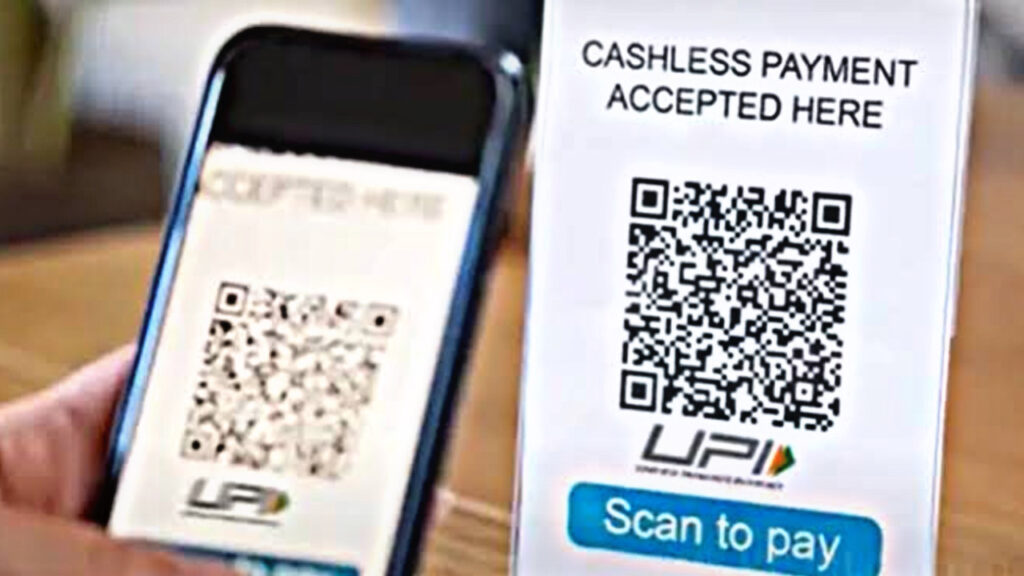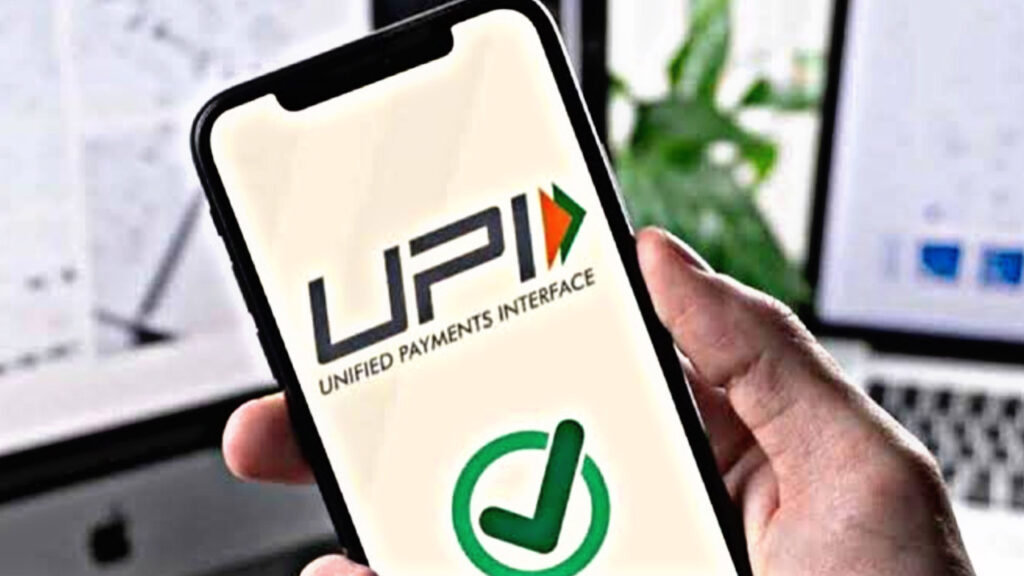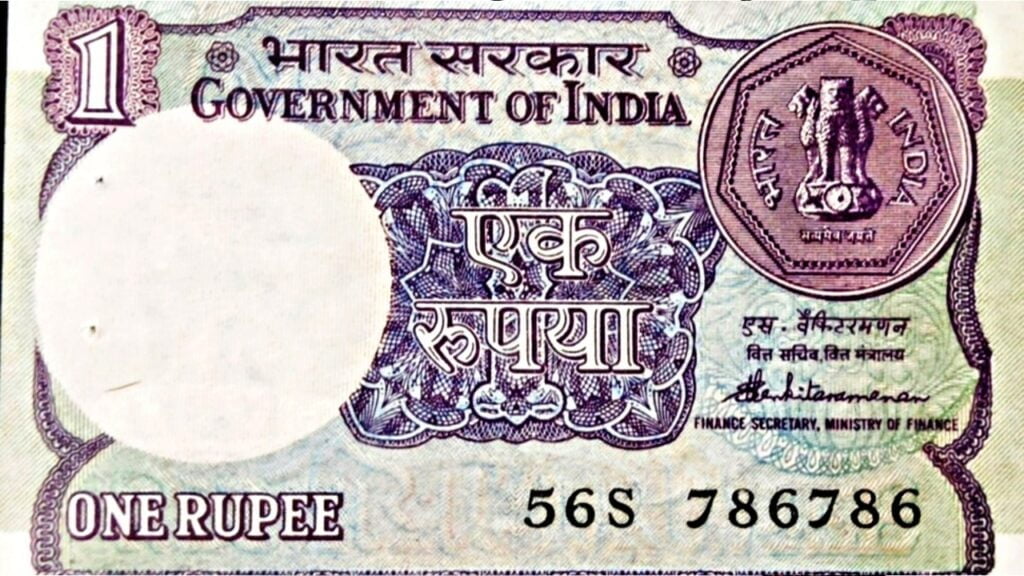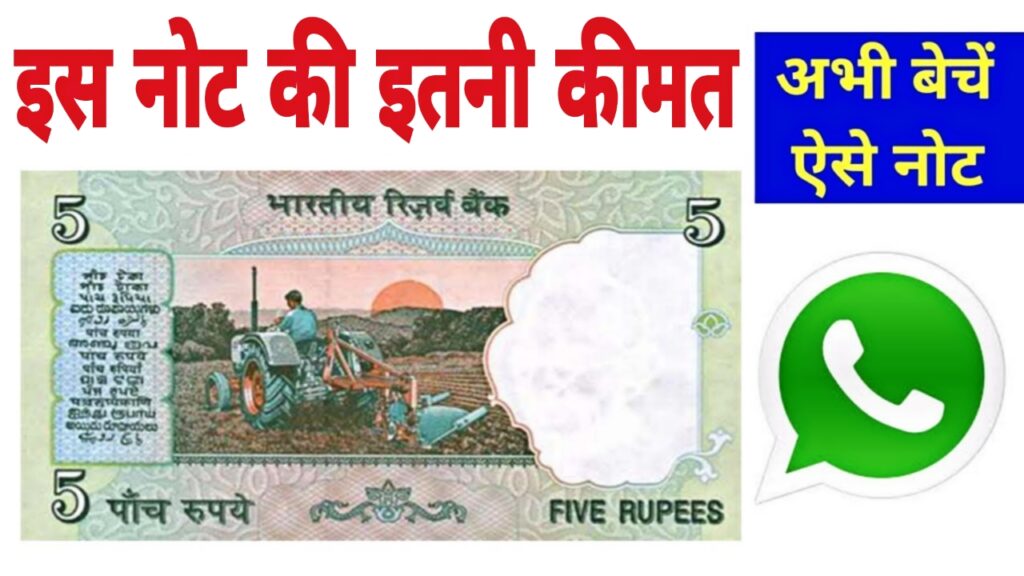New UPI Rules
The Unified Payments Interface (UPI) has become a core part of India’s digital economy. As of 1 August 2025, new UPI rules have come into effect to enhance security, promote responsible usage, and ensure smooth digital transactions. If you use apps like PhonePe, Google Pay, Paytm, BHIM, or any UPI-enabled bank app, these changes are important for you.

1. Daily Transaction Limits Updated
From 1 August 2025, the National Payments Corporation of India (NPCI) has revised the UPI transaction limits. The new rules state:
- The daily limit for individual users remains ₹1 lakh for most banks, but high-value users (with verified KYC) can now transfer up to ₹2 lakh.
- For merchants and small businesses, the daily UPI limit has been increased to ₹5 lakh, particularly for sectors like healthcare, education, and government services.
This move supports seamless high-value payments while keeping security in check.
2. Dormant UPI IDs to Be Deactivated
Inactive UPI IDs will now be automatically deactivated after 12 months of no usage. This decision aims to reduce the risk of fraud and misuse of old UPI accounts. Users will receive alerts before deactivation and can reactivate by verifying their account again through their UPI app.
3. Mandatory KYC for All UPI Users
Full Know Your Customer (KYC) verification is now mandatory for all users by 31 August 2025. UPI apps will prompt users to update or complete KYC via in-app options. Without KYC, users may experience restricted access or even suspension of UPI services.

4. Charges for High-Volume Transactions
Though UPI remains free for peer-to-peer (P2P) transactions, new charges have been introduced for specific use cases:
- For transactions above ₹2,000 made by businesses (P2M – Person to Merchant), a nominal interchange fee of 1.1% may apply.
- Individual users transferring to businesses won’t be affected unless it’s a very high-frequency or high-value account.
These charges aim to make the system sustainable and support the infrastructure.
5. Real-Time Fraud Detection System Enhanced

UPI platforms now feature upgraded real-time fraud detection systems powered by AI. If any suspicious activity is detected, users will receive an instant alert. Apps may temporarily freeze transactions until identity is verified. This new layer of protection is designed to combat phishing scams, fake payment links, and unauthorized access.
6. Improved Refund and Dispute Resolution System
Another major update is the faster dispute resolution protocol. UPI complaints like failed transactions, incorrect credits, or duplicate payments will now be resolved within 3 working days, compared to the previous 5-7 day window. Users can track their complaint status directly within the app for better transparency.
The new UPI rules effective from 1 August 2025 focus on safety, scalability, and better user experience. Whether you’re a casual user or a merchant, it’s important to stay updated and ensure your KYC is complete. These changes reflect India’s vision for a more secure and inclusive digital payment ecosystem. For regular updates, make sure to follow official announcements from your bank or UPI app provider.





